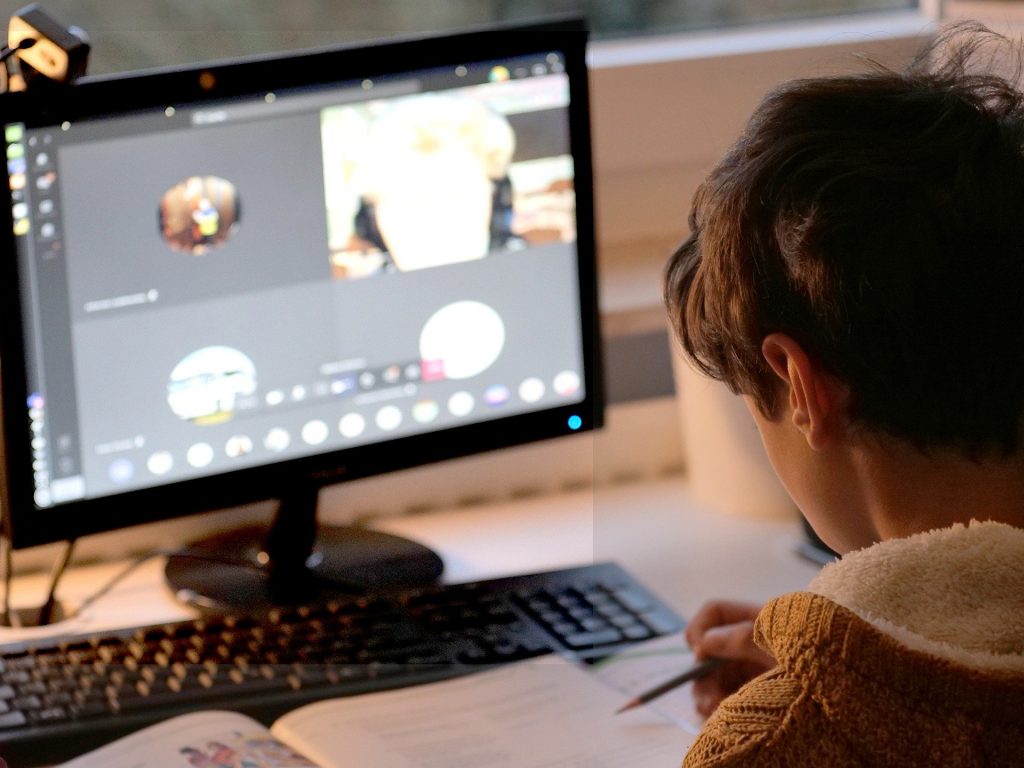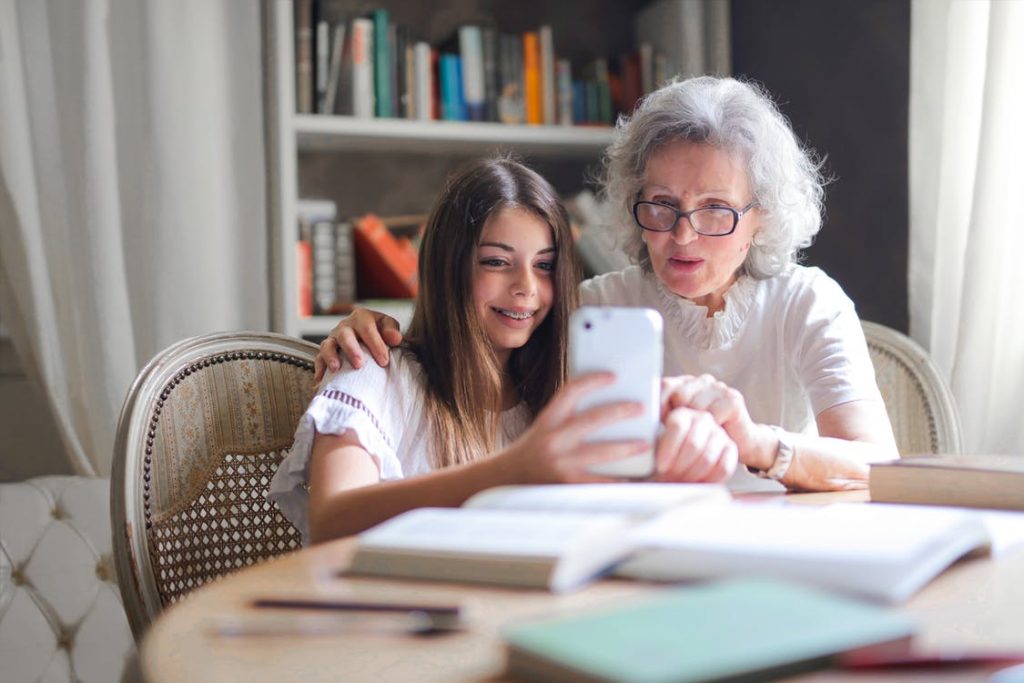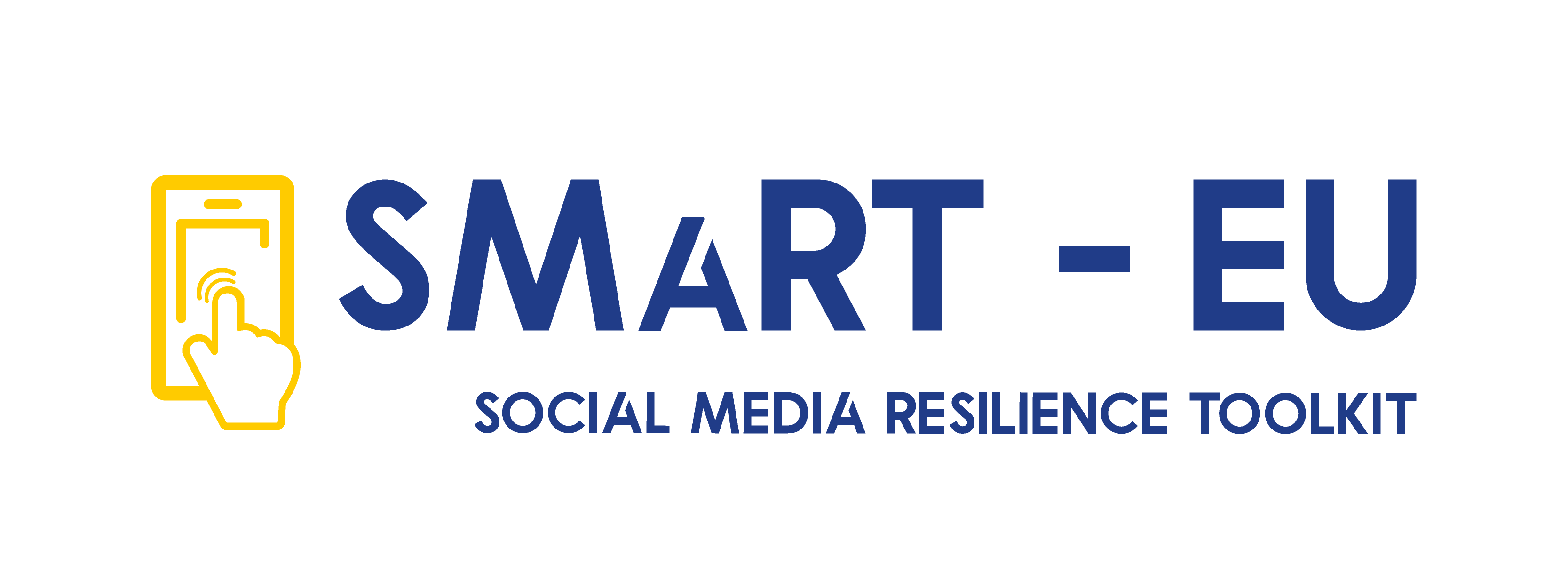Field Notes – COFAC

The Workshops
In Portugal, the 9 workshops occurred between May and June 2021. SMaRT-EU’s team established a partnership with three institutions. Escolhe Vilar E8G, a youth centre in Greater Porto (Vila d’Este, Vila Nova de Gaia), in a low income neighborhood with around 17000 habitants. This youth center is co financed by Programa Escolhas (Choices Program). This is a Governmental program that was created in 2001 with the aim to promote social inclusion to support youth communities at risk. At this youth centre, we worked mostly with children and young people, adults, but also with older people.
The Civitas Braga, Association for the Defense and Promotion of Human Rights, was founded in June 2003. It is associated with the Portuguese Human Rights League – Civitas, which is a member of the International Federation for Human Rights (FIDH). FIDH has a consultative competence before the United Nations, Unesco and the Council of Europe. The Association has as its aim the defence, deepening and expansion of Human Rights, considered as essential elements of the dignity of the Person and as a guarantee that, through freedom, each citizen can take responsibility for his/her own destiny and that of the community to which he/she belongs. The board is voluntary and has several associated persons, who promote projects in the area of human rights.
Centro Social e Paroquial de Oliveira do Douro is a Social Solidarity Institution, also located in Greater Porto (Oliveira do Douro, Vila Nova de Gaia). The institution was established in 2011 and provides support for children and the elderly, including a day nursery, a nursing home, a day centre for older people and a home support service. It is located in one of the most populated parishes of Vila Nova de Gaia, Oliveira do Douro. At this institution we worked with 5 elders, and 3 assistants.

The Focus Groups
It was a challenge to prepare, organize and run the focus groups, especially the intergenerational focus groups. In Portugal we conducted three focus groups. One gathered diverse stakeholders, such as teachers, academics, journalists, media literacy newspaper program coordinator, marketing and communications managers, students and influencers. These participants were found within the research team’s contacts.Considering that it was expected that the participants in this focus group would be individuals coming from diverse fields of action and with critical competencies to reflect on the topics under discussion, this seemed the best option.
We also ran two intergenerational pairs focus groups. Finding the participants for these activities was especially challenging due to various aspects. The aim was to find adolescent grandchildren and grandparents, but while searching for these individuals we were confronted with grandparents with advanced ages with comprehension and communication difficulties and basic or even non-existent digital and media competences. We were able to find one pair composed by one grandchild in his 20’s. For the other one we opted by lowering the age of the grandchild – a seven year old child.
- We learned a lot with the participants, in different ranges of contexts. This was one of the most rewarding processes in the project: to face the participants’ doubts and have a clear picture of their knowledge and experiences regarding the workshops’ content and processes.
- We also had the opportunity to understand the difficulties of adaptation to the challenges imposed by the digital on the part of the various participants.
This would be a completely different project. Besides doing face to face workshops (if the pandemic situation would allow it), we could also focus on more detailed aspects, such as practical activities, and see in practice what these participants can do in specific/daily contexts. Another thing would be to focus on older people and people with disabilities, since they are among the most excluded and there are few resources for these target groups.
- Maybe not surprising, but surely relevant. It was interesting to listen to their reflections about different issues, contexts and country experiences, and also to realize how many diverse views we can have on media literacy and digital citizenship.
- Yes, it was very interesting to see the complicity between the 2 pairs (grandmother and grandson / grandmother and granddaughter) we worked with.
- It was not surprising but curious to see that the granddaughter (7 years old) was less interested in the influencer part and also not really interested or involved with all internet platforms that we talked about. This challenges the digital natives’ views.
- When talking about news, it was surprising to see the dichotomy between people’s perceptions of news. We were whether confronted with a conservative discourse that understands news as the contents produced by journalists and communication professionals, or with a discourse that describes news with a broader and freer vision. We did not find a middle ground regarding this theme.
- One of the most interesting reflections we promoted in the workshops was the discussion about internet regulation, as well as the possible role of the UN, the deep fakes phenomena and about forms of detecting fake information and other forms of surveillance.
- We can also mention that it was interesting to find, in some sessions, participants who dominate various subjects in the field of Communication, but who wanted to participate in several workshops as a way to discuss and share their perspectives and opinions, facing these spaces in a dialectic way.
- “In the digital (world), people forget that on the other side (of the screen) there is a person, they are very bold…”
- “There is an illusion that young children are going to be more capable seniors, because technology advances with them and they become experts. But then when they’re older there’s going to be other technology. I’m 30 and I feel that”
- “When we avoid the digital, then we get punished”
This would be a completely different project. Besides doing face to face workshops (if the pandemic situation would allow it), we could also focus on more detailed aspects, such as practical activities, and see in practice what these participants can do in specific/daily contexts. Another thing would be to focus on older people and people with disabilities, since they are among the most excluded and there are few resources for these target groups.

